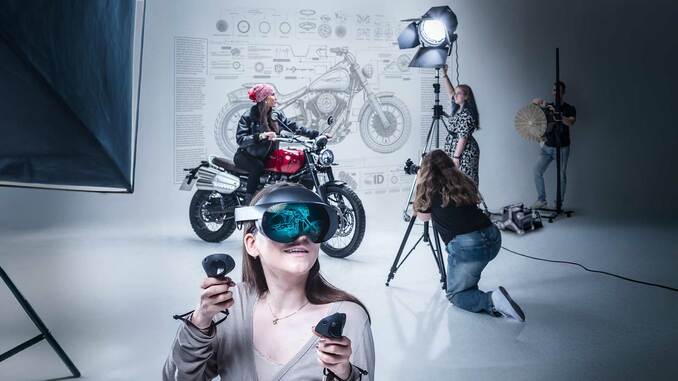Menschzentrierte Informationsprodukte entwickeln
Jeder weiß intuitiv, wie man eine Banane schält und isst. Wie aber entlockt man einem Granatapfel seine inneren Werte, ohne ein unappetitliches Schlachtfeld zu erzeugen? Ohne Anleitung ist das kaum machbar. Information Designer kommen immer dann zum Einsatz, wenn Produkte nicht selbsterklärend sind oder auch nicht sein sollten. Sie kommunizieren audiovisuell die Geheimnisse komplexer Produkte.
Information Designer bereiten alle Daten von Produkten rund um den Lebenszyklus so auf, damit Menschen Entscheidungen treffen und kompetent handeln können. Sie veredeln Rohdaten zu relevanten und aussagekräftigen Informationen. Ob statisch, dynamisch oder interaktiv – auf Papier, im Smartphone, als Sprachassistenz, in Augmented oder Virtual Reality: Als Corporate Communicator, Online-Redakteur, Informations- oder Wissensmanager, Technischer Redakteur gestalten sie Informationen für Augen und Ohren in Unternehmen, Agenturen oder als Selbstständige.
Info-Gespräch zum Information Design: Fragen, Antworten, Einblicke
Lernen Sie den Bachelorstudiengang Information Design persönlich kennen – in unserer offenen Zoom-Session. Jeden Mittwoch (19:00 Uhr) beantworten wir Ihre Fragen, geben Einblicke ins Studium und zeigen, was Human-Centered Design ausmacht. Unverbindlich, direkt, live. Den ZOOM-Link erhalten Sie nach der Anmeldung zum jeweiligen Termin. Die einzelnen Termine finden Sie unter Aktuelles > Termine, ganz unten).



